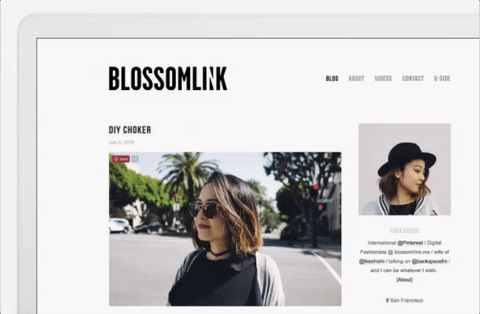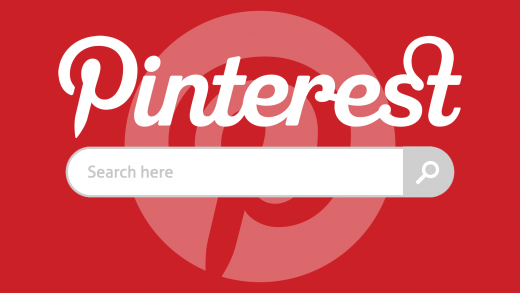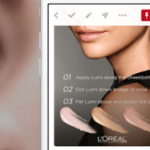Pinterest’s updated browser extension turns off-Pinterest images into search queries
Pinterest’s extension will scan images on a web page to show related pins. But those visual search results won’t include ads.

A month after Pinterest teased how it will bring its visual search engine to the real world, the social network/search engine is extending its ability to turn images into search queries across the wider web.
On Tuesday, Pinterest began updating its browser extensions so that people can click on an image on any web page and be shown related pins from Pinterest. The browser extension’s search results will not include ads, according to a Pinterest spokesperson.
For now, the visual search feature is only available through Pinterest’s Chrome extension, but the company plans to eventually add it to its extensions for other browsers.
Pinterest’s updated browser extension will append a magnifying glass icon to the images it identifies on a page. That icon will appear next to the “save” button that the extension already adds to images once a person’s mouse hovers over an image. Clicking on the magnifying glass will open an overlay that will feature a gallery of related pins. People can zoom in on specific objects within an image to narrow the search, in the same way they can on Pinterest.

People can also search the entire web page by right-clicking on the page’s background, i.e., areas where there isn’t a specific image. These full-page searches will take into account any text and visual elements on the page and present pins based on those various elements, the spokesperson said.
For those concerned about what data Pinterest’s browser extension may collect from their web browsing and how it may use that data, you should be able to rest easy. Pinterest will not use the browser extension to collect data in order to target people with ads on Pinterest, according to the spokesperson.
The browser extension only collects data from a page when the “save” button or magnifying glass icon is clicked, but even then it does not generate any user data, the spokesperson said. The extension will collect anonymized data to check that the browser extension is functioning properly, but that data will not include any personally identifiable information and will only be stored temporarily.
Marketing Land – Internet Marketing News, Strategies & Tips
(71)













